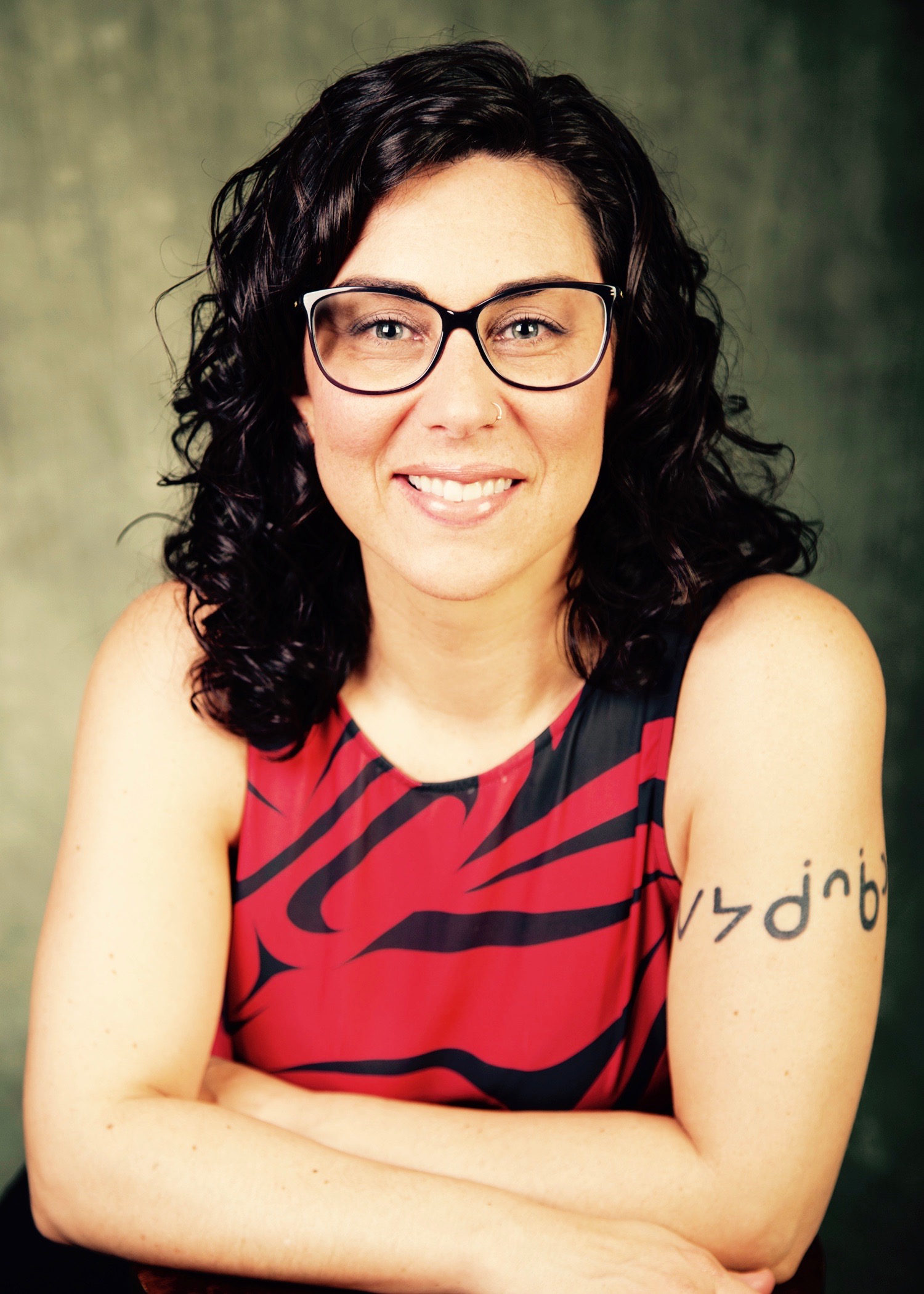Abstract
If one measures time in millennia, it has been a relatively short time since Indigenous languages flourished across the Americas. Indigenous communities were necessarily multilingual for purposes of trade, travel and intermarriage, and languages continued naturally through intergenerational transmission. The rise of and need for Indigenous language revitalization (ILR) is a relatively new societal phenomenon and academic field of study. As the ILR literature develops, it has become clear that ILR does not fit neatly into any single academic discipline; it uniquely borrows from and contributes to various other fields of study. Applied Linguistics is one such field, and many ILR scholars believe Applied Linguistics to be the most productive alliance to pursue. Yet, the fields of Applied Linguistics and Additional/Second Language Acquisition have developed almost entirely without attention to ILR and instead focused on immigrant populations, heritage and foreign language learners. This talk explores the similarities and important departures as well as the tensions and possibilities for stronger connections and sharing of knowledge across these fields of study, and argues for greater collective engagement in this work (McIvor, 2018).
The damages done to Indigenous languages were due to colonial forces, some of which continue to this day, and many believe efforts to revive them should involve more than Indigenous peoples alone. Those working in applied linguistics hold specific knowledge and skills that could be extended to ILR to great gains. For instance, ILR has much to benefit from the decades of fruitful research on the impacts of socio-cultural contexts on language learning and maintenance, as well as optimal conditions for addition language learning. Simultaneously, Applied Linguistics could also be enriched by greater exposure to Indigenous language learning contexts and the particular teaching and learning methods have been developed therein, which often differ from those widely studied in the literature. More broadly, ILR brings a novel social justice opportunity to the field of Applied Linguistics and one that some members may find themselves being called on to contribute. I conclude with the suggestion that more purposeful work across these two fields could build capacity amongst both ILR and AL scholars. This capacity is essential to maximize the knowledge and resources available to maintain, revitalize and strengthen revitalization efforts of the Indigenous languages around the world.
Biography
 tânisi kiyawaw (greetings to you all). Onowa McIvor is maskékow-ininiw (a Swampy Cree person) and Scottish-Canadian, born and raised in Treaty 6 territory. She has been a grateful visitor in SENĆOŦEN and Lekwungen speaking territories for over 20 years and is an urban nêhiyâwiwin language learner and Indigenous language warrior. Onowa is an Associate Professor of Indigenous Education at UVic, where she was the Director of Indigenous Education in the Faculty of Education for 9 years. Onowa is now the co-lead on a six-year SSHRCC Partnership Grant entitled NEȾOLṈEW̱, which focuses on understanding and enhancing Indigenous adults’ contributions to reviving Indigenous languages, and maximizing collaborative efforts towards Indigenous language revitalization in Canada.
tânisi kiyawaw (greetings to you all). Onowa McIvor is maskékow-ininiw (a Swampy Cree person) and Scottish-Canadian, born and raised in Treaty 6 territory. She has been a grateful visitor in SENĆOŦEN and Lekwungen speaking territories for over 20 years and is an urban nêhiyâwiwin language learner and Indigenous language warrior. Onowa is an Associate Professor of Indigenous Education at UVic, where she was the Director of Indigenous Education in the Faculty of Education for 9 years. Onowa is now the co-lead on a six-year SSHRCC Partnership Grant entitled NEȾOLṈEW̱, which focuses on understanding and enhancing Indigenous adults’ contributions to reviving Indigenous languages, and maximizing collaborative efforts towards Indigenous language revitalization in Canada.
>>>Back to AAAL 2021 Open Access Content
 tânisi
tânisi 